I’ve never seen the point of dragging my butt through a fasted HIIT workout that burns mostly muscle glycogen, or risking Muscle Protein Breakdown (MPB) and a mediocre strength performance lifting weights on an empty stomach.
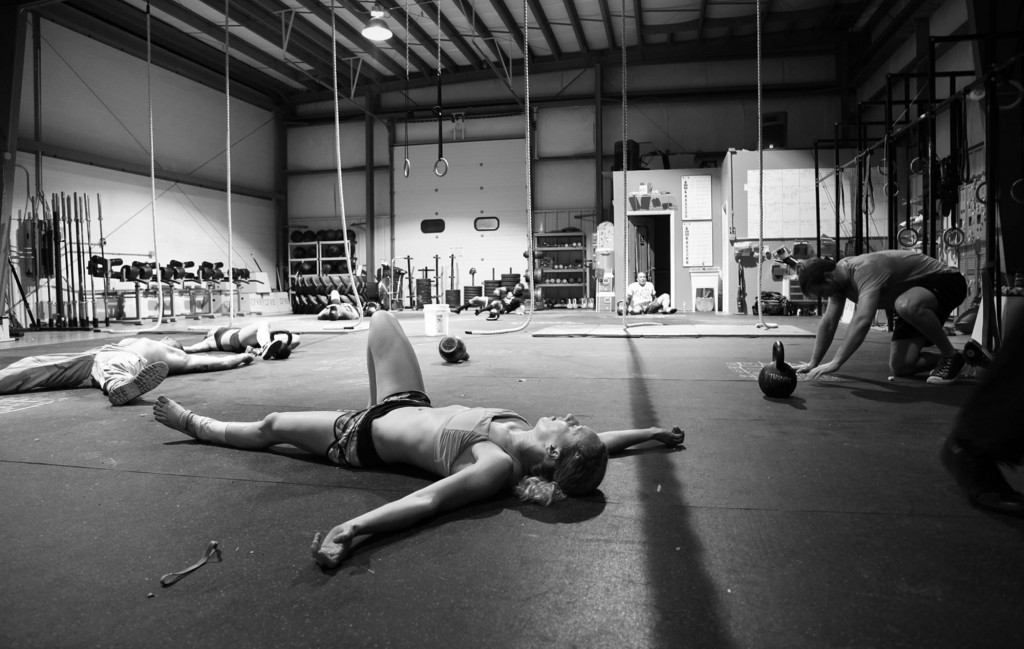
The only fasted training I’m a fan of is walking. Predominantly because, the lower the intensity, the more we rely on fat for fuel. But also, because I’d rather lift weights with amino acids in my system, as it promotes higher levels of Muscle Protein Synthesis (MPS) right from the outset.
Research from 2007 in the American Journal of Physiology, Endocrinology, and Metabolism found 2x greater amino acid uptake when comparing pre-workout protein to post-workout protein after fasting.
The reason most are pursuing fasted training, is because they think it’s going to make them burn more fat. Yet, when intensity is ‘high,’ all it’s really doing is burning stored sugar (aka muscle glycogen).
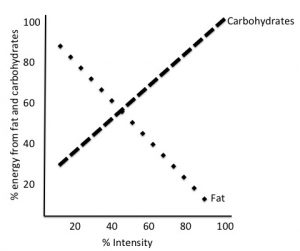
For someone eating a crappy diet, this may help them get less fat and experience better glycemic control, but that doesn’t mean it’s the best approach!
For example, in a study from Belgium in 2010, a group of healthy young men stuffed themselves with garbage for six weeks, and were instructed to follow 1 of the following training schedules:
- Group 1 – No exercise
- Group 2 – Cardio after breakfast 4 days/week
- Group 3 – Cardio before breakfast 4 days/week
The sedentary group gained 6 pounds and became insulin resistant, the breakfast eaters gained 3 pounds and had disrupted insulin levels, and the breakfast skippers gained approximately 1.5 pounds and maintained healthy insulin levels.
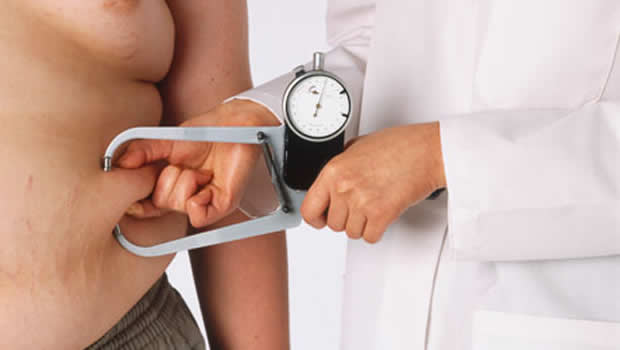
Some might take this research and conclude that fasted cardio is better than fed cardio for weight loss and insulin regulation. However, let’s not forget that Group 3 still gained weight while exercising 4 times per week for 6 weeks in a fasted state. And since it was cardio, they probably lost muscle and put on more fat than 1.5 pounds.
This study simply shows that if you’re going to eat crap, it’s best consumed after exercise when MPS (Muscle Protein Synthesis) is elevated and glycogen stores are sensitive. Since, as discussed in Live it NOT Diet!, post-exercise glucose is stored in muscle tissue, pre-exercise glucose is simply burned during exercise and reduces fat burning.
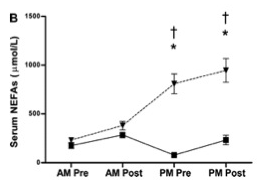
Realistically, any ‘extra’ benefits attributed to fasted training can be achieved with a low-carbohydrate eating strategy. As technically we’re just as fasted from glucose, and the low pre-workout blood glucose and glycogen from a ketogenic (very low-carb) diet induces the same sympathetic nervous system activation (1, 2), enhanced mitochondrial adaptations, metabolic improvements, and increased fat burning (1, 2) we see with fasted exercise.
“Morning fasted exercise on vacation may be a good move to diminish the effects of some bad decisions, but relying on it on a regular basis because you’re unwilling to fix your diet will eventually catch up with you.”
And sure, if you need to train at 6am because of your schedule and would rather not eat before, go for it! Just make sure you place a higher priority on the post-workout meal (or shake), as failure to replenish with protein after fasted training can result in muscle breakdown (1, 2).
For those that have the luxury, eating before and after exercise appears to be better than not eating.
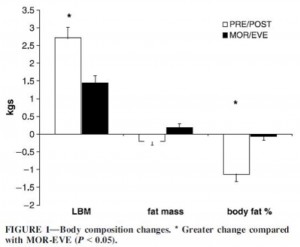
Even for those (sadly) still choosing steady-state cardio…
A 2011 study in the International Journal of Sports Nutrition and Exercise Metabolism found that those who ate breakfast burned 14% MORE fat that a fasted group during 38 minutes of endurance exercise.
Stay Lean!
Coach Mike
RELATED ARTICLES:
Why You Should Fast..Occasionally
How Urgent is Post Workout Protein?
Why Carbs Are Best Consumed AFTER Exercise
10 Benefits of a Low-Carb You Don't Get With Other Diets
Why More Exercise Fails For Fat Loss - "You cannot outrun a bad diet"
